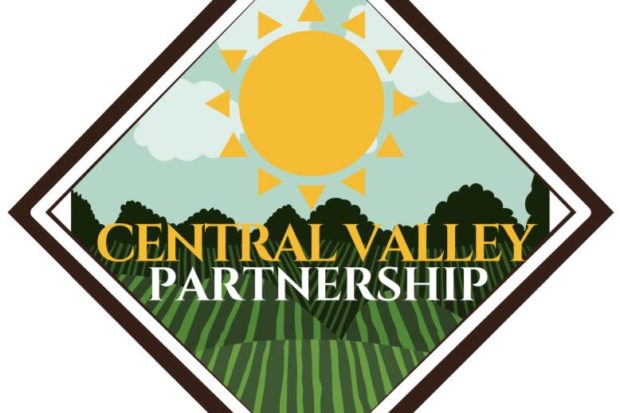
By Daniel O’Connell, Ph.D.
A simple test of any strategy is that it directly names its objective.
For progressives in the San Joaquin Valley, the goal before us is to transform our region from one of the nation’s most polluted, reactionary and unjust into one that is healthy, democratic and fair. This is our objective—one that is more achievable than at any time since the civil rights and United Farm Workers movements.
Only our cynicism, robbing us of hope, separates us from realizing this goal. Our pessimism is the result of bitter, hard-earned lessons that keep us from believing change and a better future are possible. Still, we cannot be naive to the forces that have engineered the world’s most fertile food-producing region into our country’s most economically destitute and environmentally polluted place.
Racial discrimination, political violence and systemic subversion of the rule of law occurred in the past. However, demographic changes are transforming the Valley, and the barriers that thwarted people’s movements are weakening. Will California tolerate the paradoxes of its Central Valley any longer? Today, the elephant balances on stiletto heels; let’s push it once again.
New diverse political movements, led by the children of immigrant farmworkers, are protecting our public institutions and taking the reins of representative bodies in government. Our community’s successful fight to stop Measure G’s privatization of Fresno’s trash collection was the first marker of recent successful community mobilizations.
Subsequently, the election of Joaquin Arambula to the 31st Assembly District with his early votes in support of farmworker overtime pay and leadership on public health policy marks our improved ability to elect leaders with integrity who act in the public’s interest. Then, recently, in both Arvin and Stockton, progressive coalitions formed to propel progressive mayors—Jose Gurrola and Michael Tubbs— and supportive city councils into office.
At no time in recent memory has the need to build and grow a progressive movement—one that prioritizes the public interest over personal profit—been more necessary. A litany of offenses grows daily in assaults on our democratic institutions, ethical standards, moral beliefs and even science-based truth. Amid this threatening national context, changes are occurring that will upend the political culture of California’s Central Valley.
In 2012, the Fresno Partnership brought together labor unions, environmental organizations and community groups to seek common ground and work together where they found agreement while setting aside differences. That initial effort now has coalesced into the Central Valley Partnership (CVP), an evolving and growing regional progressive network that has expanded quickly since the 2016 Presidential election joining with county-based and local organizing in Madera, Kings, Fresno, Tulare and Kern counties.
While still getting involved in local policy debates and advocacy, the CVP is prioritizing formal trainings, popular education, voter registration efforts and get-out-the-vote campaigns with other organizations and community groups. The refrain that young people and the Latino community do not vote has proven false in other places, and while our rural region will require different methods and tactics, mobilizing people to engage and vote in their own interests and for their survival is achievable. We only need to uncover and apply new approaches to civic engagement in our peculiar geography.
The people themselves know how to get this done. The San Joaquin Valley has some of our country’s richest traditions of community organizing, artistic resistance, politically engaged scholarship, oral history and place-based storytelling. A renewed groundswell of grassroots change is already challenging the status quo and building momentum to transform the balance of power of the region.
On Jan. 16 at SEIU 521 (5228 E. Pine St.), the Central Valley Partnership is hosting a quarterly meeting of community leaders and concerned citizens from across the region. Get involved to improve our community and, in some small measure, change the course of political history in the country.
Before she was martyred in Charlottesville on Aug. 12, 2017, Heather Heyer’s last appeal to the world was that “if you are not outraged, you aren’t paying attention!” She awoke that day knowing that there are times that call for each of us to be present to counter a growing authoritarianism in the United States.
The activism now needed does not likely require civil disobedience or greater sacrifice; rather, it only asks each of us to talk with our neighbors to agree on shared problems and potential solutions. Together, we seek common understanding, shared hope and an agreed course of action.
Enough snowflakes make an avalanche.
*****
Daniel O’Connell, Ph.D., is the executive director of the Central Valley Partnership and field director for the Community Governance Partnership. Contact him at 559-967-1940 or agrariandemocracy@gmail.com.
